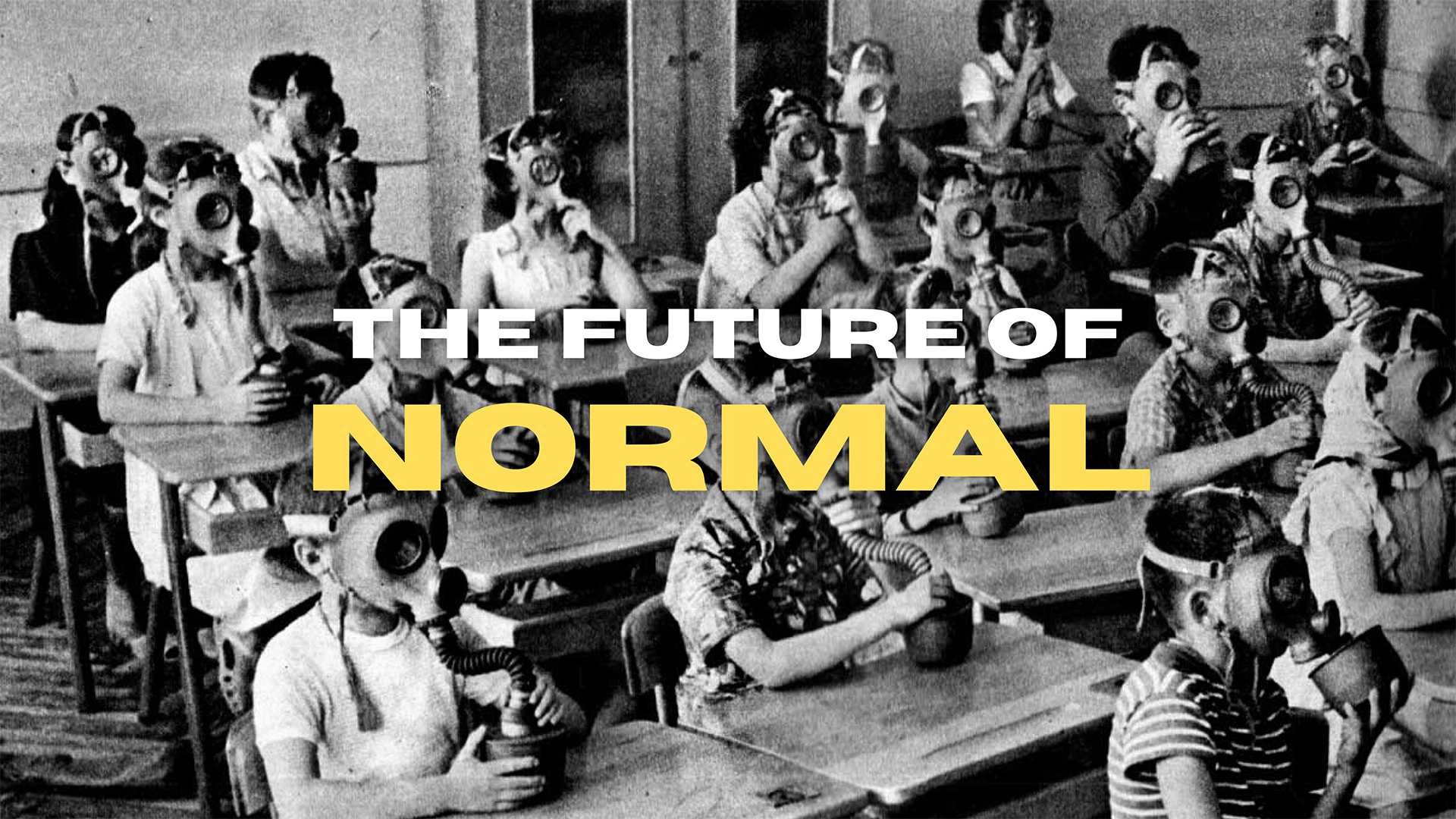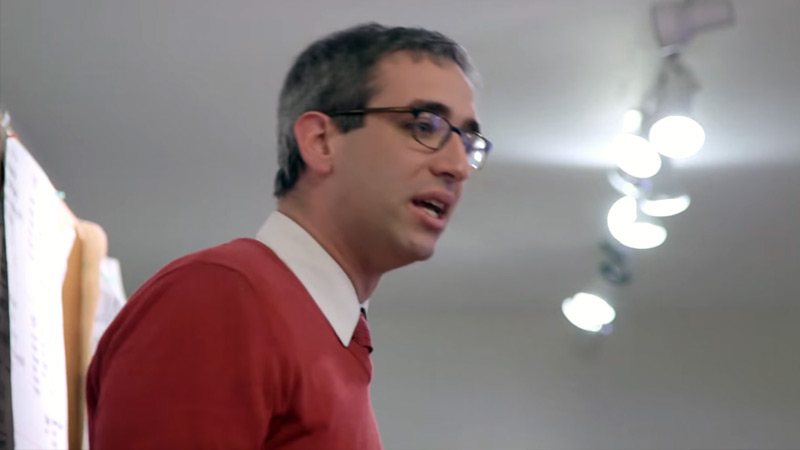Pulling the Thread was produced and directed by Kristin Pichaske and Danny Alpert. Funding for the series and impact campaign was made by:
Overview
Pulling the Thread is a digital documentary series and engagement campaign that unravels some of America’s most popular conspiracy theories and reveals the emotional, cognitive, and social forces that lead rational people to believe irrational things. Produced by the award-winning Kindling Group and ITVS, the project doesn’t tell people what to think, but pushes us to examine how we think — why conspiracy theories are so alluring, how baseless rumors undermine trust and democracy — and what we can all do about it.
Never before have American citizens had so much information at our fingertips. But instead of making us smarter and more engaged, information overload and “fake news” are creating an increasingly divided and narrow-minded public. Nowhere is this more evident than in the proliferation of conspiracy theories. According to a recent poll, 63% of registered voters believe in at least one political conspiracy theory.1 All of us — left, right, book smart, and street-smart — are susceptible to the lure of conspiracy theories and fake news. If you’re a Democrat, you’re apt to believe Donald Trump colluded with the Russians. If you’re a Republican, you probably think Hillary Clinton is crooked and that there was something sinister in those emails. If you are African American, there is a good chance you believe that the AIDS epidemic was a deliberate conspiracy by government officials.2 And if you buy organic, you may harbor conspiracy theories about Monsanto.
Unfortunately, research shows once these untruths take hold, they are very difficult to counter. We won’t solve the problem by stigmatizing conspiracy theorists, the media, politicians or the public. The solution lies where the problem is created: in our brains. Pulling the Thread goes to the source to expose the roots of human belief and the cognitive vices that make us vulnerable to disinformation.
1Koerth-Baker, Maggie. Why Rational People Buy Into Conspiracy Theories. New York Times Magazine, May 21, 2013
2A survey of African-American church members by the Southern Christian Leadership Council found 35% believed that AIDS was a form of genocide, while 30% were unsure. (Belief in Conspiracy Theories, Political Psychology Vol. 14, No.4 (Dec., 1994)
Impact
In a world increasingly divided by partisan mudslinging and fake news, Pulling the Thread provides a platform where audiences who typically consume completely different media on the “left” and “right” can come together to engage in a thoughtful examination of the universal shortcomings of our human belief systems. It’s critical that we spread this knowledge in a way that is even-handed enough to be heard, yet unafraid to challenge audiences to do better, to train ourselves in new strategies for managing our cognitive shortcomings and make facts matter again.
Follow Kindling Group on Facebook for updates on Pulling The Thread, and more information on what you can do to stop the spread of conspiracy thinking.


























 Daniel Alpert
Daniel Alpert Laura Fallsgraff
Laura Fallsgraff Mara Sheban
Mara Sheban Ingrid Roettgen
Ingrid Roettgen Adam Joel
Adam Joel Adam Wisneski
Adam Wisneski Ines Sommer
Ines Sommer












